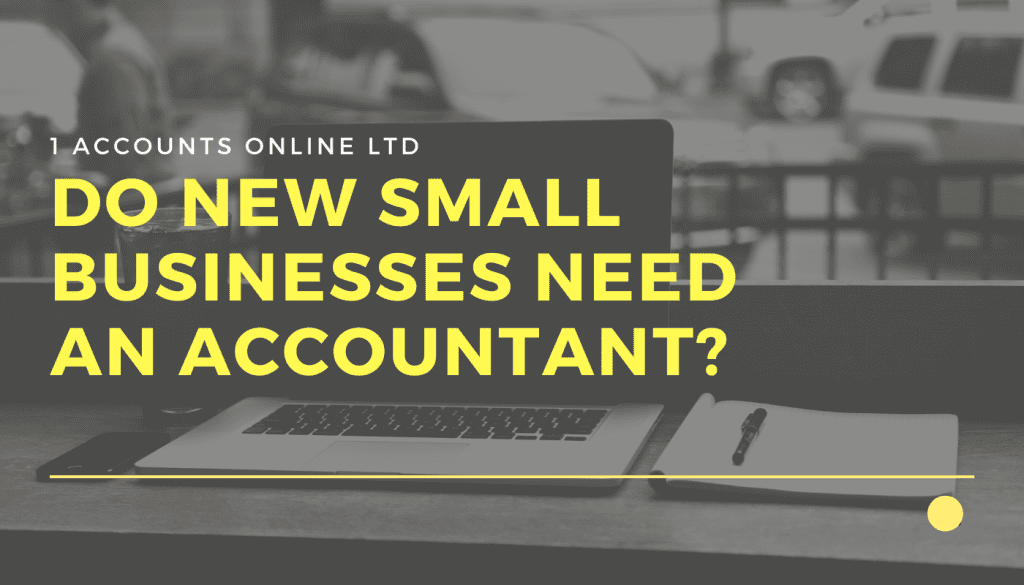
Each year HM Revenue & Customs (HMRC) undertake an enormous number of tax enquiries into individuals and businesses to check…

Each year HM Revenue & Customs (HMRC) undertake an enormous number of tax enquiries into individuals and businesses to check…

“You can take a dividend” – That’s great, but what is a dividend? The business world can be a big…

According to business start-up statistics in the UK, 20% of businesses fail in their first year and around 60% will…

We are coming up to a year now of being frozen in time. In fact, it’s starting to feel very…

When asked “What does an accountant do?” many people answer with accounts, tax or compliance work. While that’s true, what…

In line with the further extension of the CJRS furlough scheme for employees the chancellor has also set out further…

The current version of the furlough scheme that started on 1 November 2020 was scheduled to end on 30 April…

The Coronavirus pandemic has caused a lot of us to suffer from worry and anxiety over these past few months….

Self-employment is quickly becoming an area of interest for many people. It’s not surprising really when you hear that UK…

We have an increasingly complex financial ecosystem, yet UK businesses feel that they have no one to turn to. It’s…